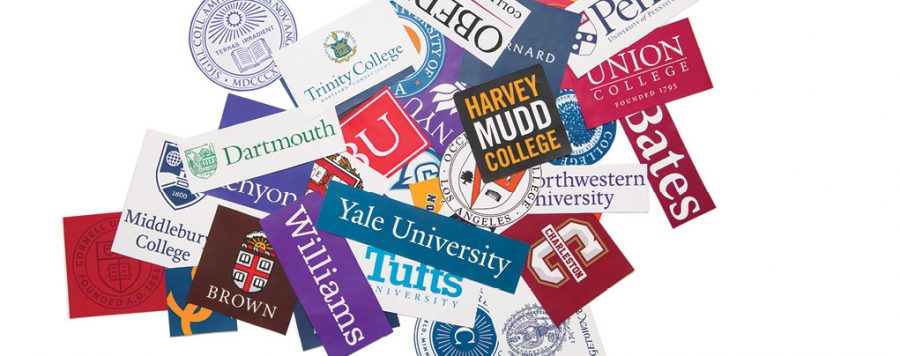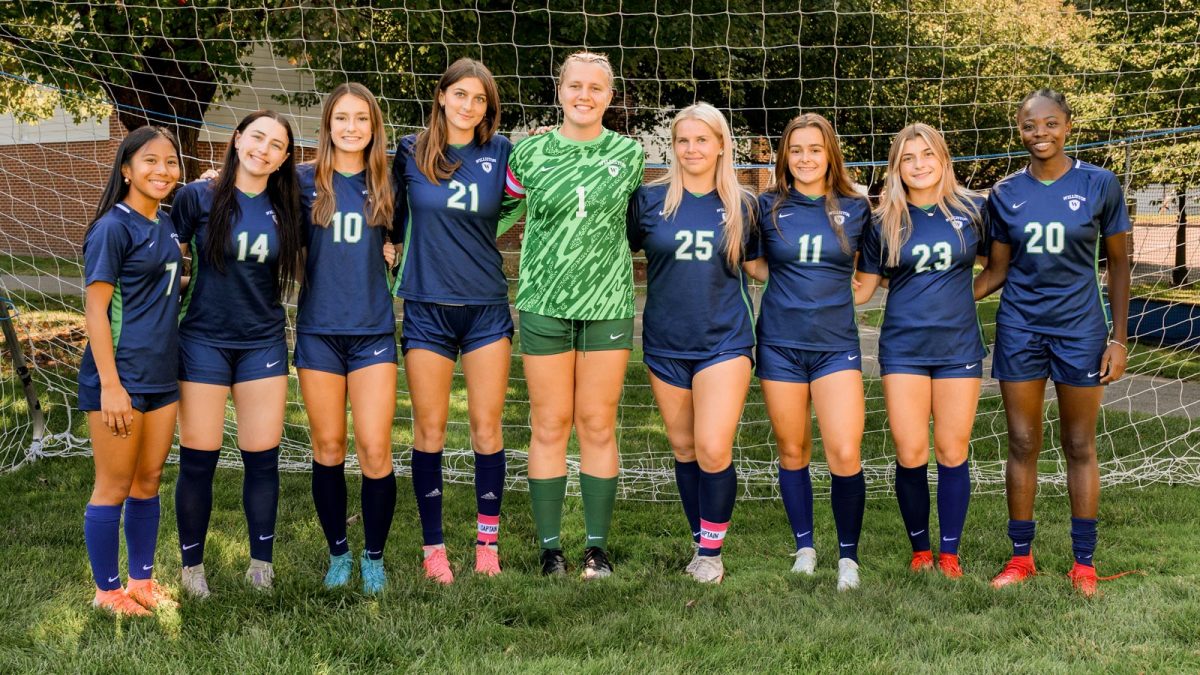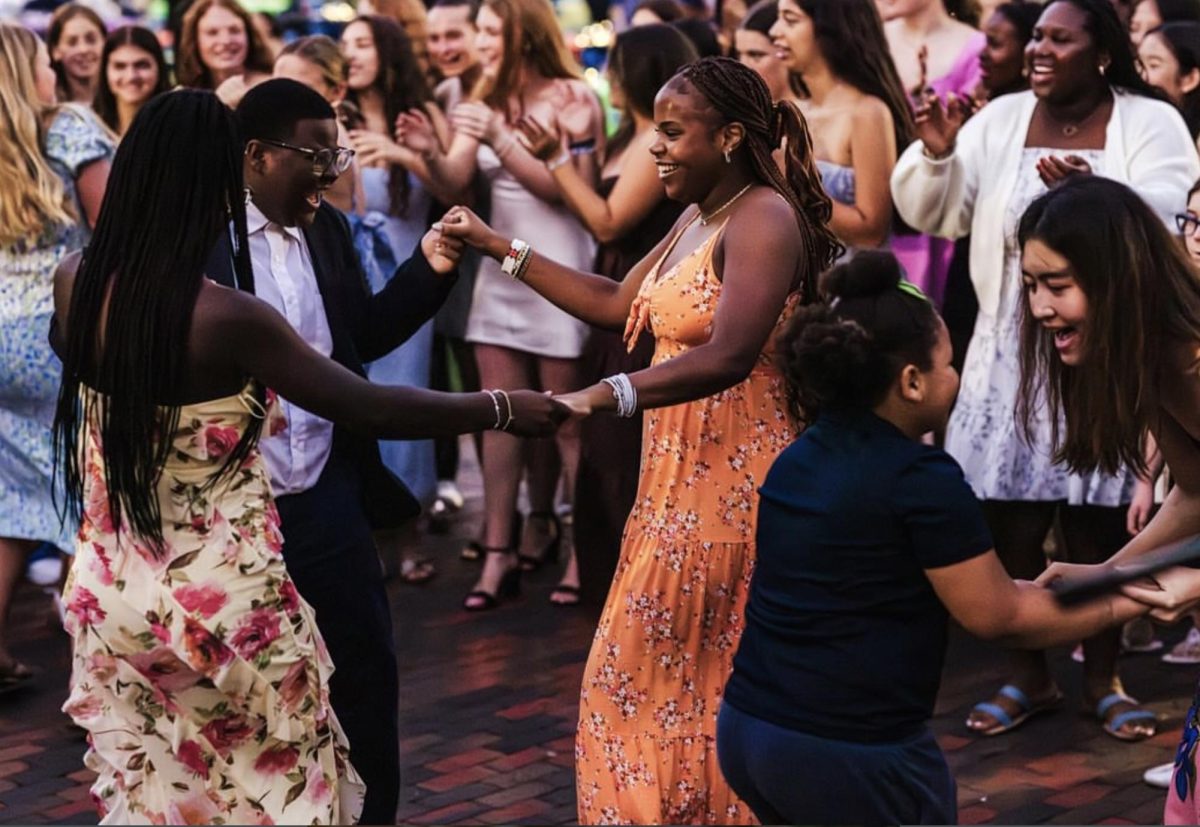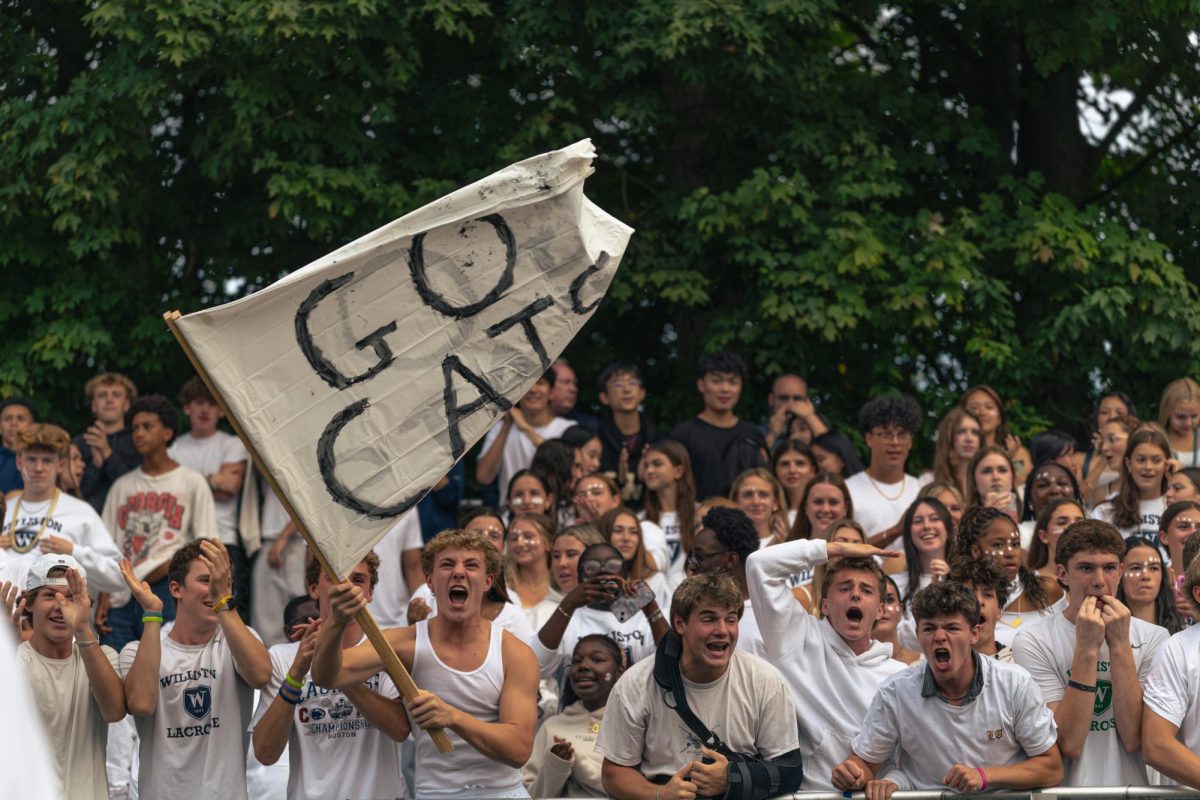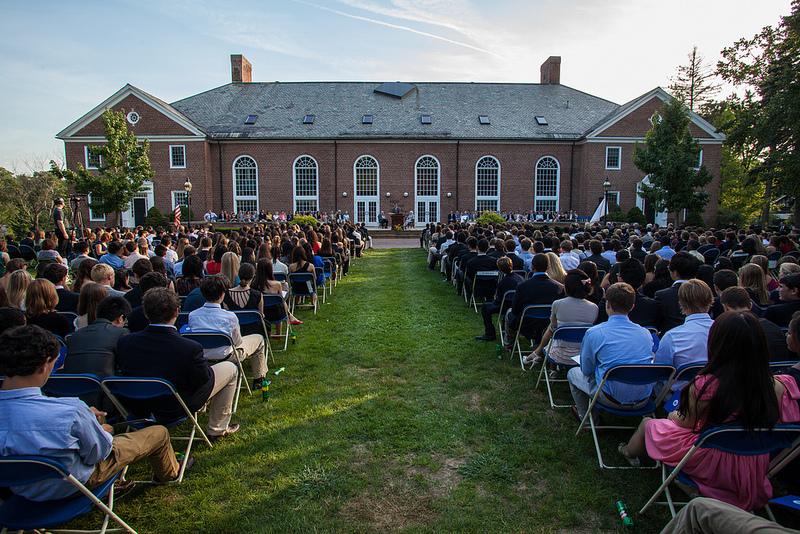When discussing Title IX a common misconception is that it only affects gender discrimination in sports, but it also impacts equality in the classroom.
Title IX is famously celebrated for improving women’s athletics in high schools and colleges. Though it is important to recognize the equality it has brought to the fields, courts, and pools, it is vital to celebrate the fairness it has brought to classrooms. By establishing this amendment, the essential protection from discrimination in schools has effectively uplifted everyone.
On June 23, 1973, Title IX was officially signed into law. Consisting of 37 words, it stated: “No person in the United States shall, on the basis of sex, be excluded from the participation in, be denied the benefits of, or be subjected to discrimination under any education program or activity receiving Federal financial assistance,” according to the United States Courts website.
It is hard to imagine that a mere 53 years ago gender discrimination in education and sports was the norm, but for many it was. Girls were excluded from “masculine” classes such as woodworking, and auto mechanics; they had to take “home economic” courses that taught them to be housewives and were prevented from doing certain classroom tasks.
Outside of the classroom, athletic scholarships did not exist for girls, and many teams were underfunded, some only getting a mere 2% of the athletics budget. By introducing this law, new opportunities were opened up for women, changing the narrative of what it was like to be a woman in education and sports.
For Francesca Gionfriddo, a Junior border from South Glastonbury, Conn., and member of the Girls Cross Country, Diving, and Lacrosse teams, Title IX covers more than just equality in sports.
“To me, Title IX means gender equality, specifically in athletics, but across all components of institutions, where education and athletics are concurrent,” she said.
Melissa Brousseau, the Associate Director of Athletics, and an organizer for celebrating Title IX on the Williston campus, thinks that it is spectacular to live in a generation where girls believe they should and are treated equally.
“I’m so fortunate and privileged that girls and women have had equal access – or at least deserve access and legally should have it,” she said. “I had access to playing on a girls’ basketball team in grammar school and track and field in high school. Had I attended before Title IX, I may not have had that opportunity.”
Dr. Pamela Maddock, a History and Global Studies teacher, feels that Title IX has established equality throughout the education system.
“It means helpful opportunities,” she said. “It means co-ed classrooms. It means there are resources from the government for girls’ and boys’ sports teams. It means protection against sexual harassment.”
Addie Eakin, a sophomore border from Williamstown, Mass., and member of the Girls Cross Country and Track teams believes that Williston does an outstanding job showing equality in the classroom.
“Overall, I feel like the school does a good job at having a variety of men and women teachers for all different kinds of subjects which I commend,” she said.
Brousseau agrees that having fairness throughout the school makes girls feel more represented and inspires them.
“Access to books, tools, locker rooms, bathrooms, and safe environments are just a few ways support shows up in the classroom,” she said. “What we’re reading, authors, even word problems – do they always have male names? Do you see yourself reflected in the material? This is important in learning as if you see yourself in these items, even in your teachers, you’re more likely to feel supported and succeed. You’ll also hopefully be inspired to dream and achieve your dreams.”
Francesca thinks that Williston does an incredible job at ensuring equality throughout school, yet some small things could change.
“Williston does a pretty good job of making sure that not only people feel equal on a gender level, but on all different levels like racial background, socioeconomic status, and learning abilities,” she said. “Williston works hard to make everywhere a level playing field for people, but I have noticed occasionally that the Instagram stories that post the results of game days sometimes discount Girls Cross Country, but I do not know if that’s because our results are not as good as the boy’s cross-country team … I feel like our results should be published, I was a little disappointed, but I know that maybe it wasn’t the intention to purposefully leave out the girl’s results.”
Maddock has also heard complaints about equality at Williston especially while teaching Title IX in history class, but believes it’s important to understand the law’s background, especially at a private school.
“Often students in history class when they learn about Title IX ask me about the condition of the softball field vs the baseball field, and I have to tell them that private institutions are not required to follow Title IX stipulations the same way public institutions are,” she said. “Plus, private donation money that makes the boys’ programs better and fancier facilities often mean disparities in a lot of places.”
Though there are some complaints, many people like Francesca believe that Williston does ensure equality throughout the school.
“I think Williston does a really good job of ensuring gender equality across campus. I feel like it’s the baseline for Williston to be a fostering community in that sense. I feel like it’s foundational to our community.”
Brousseau concludes, even small changes can create a big impact with equity on campus.
“Something so small makes a big difference in how people feel,” she said.






